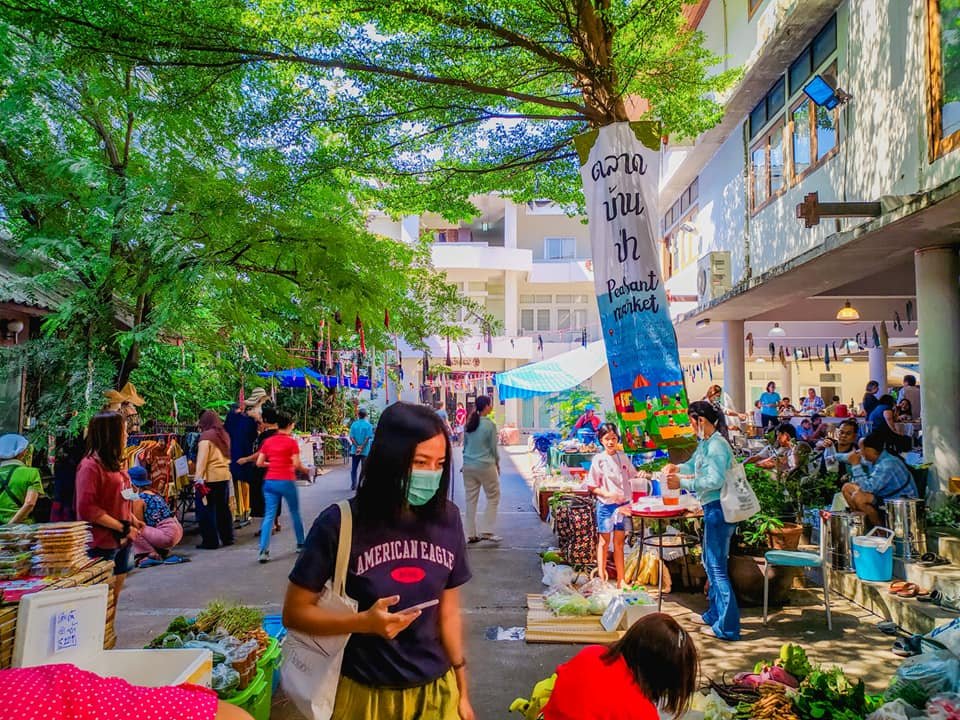As early as April 2020, the Agroecology Fund began to award the first of 59 grants to grassroots organizations addressing food insecurity threats on 5 continents during the COVID-19 pandemic.
Thanks to support from our network of dozens of donors, we were able to award a total of $938,500 to support community-based agroecological food systems, work-arounds to lockdowns, and advocacy efforts to increase access to healthy, nutritious foods.
The Agroecology Fund’s COVID-19 Emergency Response grants highlighted two essential conditions for successful responses to food crises around the world:
- Organization, partnership, and collaboration are critical.
- Approaches to disaster relief need to be community-led.
Food insecurity in the time of COVID-19
A highly concentrated global food system delinked from local smallholder farms has proved unable to solve our accelerating food crises.
Agroecology is central to building the healthy and resilient local food systems we urgently need in the face of increasing global uncertainty.
The COVID-19 pandemic that paralyzed most of the world in 2020 was not the sole cause of food and income insecurities, but it exacerbated existing inequalities and vulnerabilities, especially among small-scale farmers in rural and Indigenous communities.
For decades, the food security and inequality gaps have been growing due to too much reliance on industrialized food systems. Such unsustainable approaches to agriculture contribute to climate change, biodiversity loss, the depletion of natural resources, and increased poverty and malnourishment. Meanwhile government policies and international funds continue to be biased in favor of industrialized, input-intensive agricultural systems.
“The reality is it’s the inequality that is killing people, it’s not the virus, it’s the discrimination. The policies are not working because they still are marginalizing the poor people, the farmers, the migrants.”
– Glorene Amas Das – Tenaganita
Small-scale farmers among vulnerable populations have been battling to preserve their livelihoods and ways of life for decades. They became even more isolated during the pandemic. Lockdown measures made them unable to sell their produce, obtain seeds, and other products. The other side of the coin is that vulnerable populations had no access to healthy, nutritious food – especially in urban areas. Many of the grant-funded actions made a bridge, facilitating the sale of small farmers’ products at affordable prices or distributing food donations.
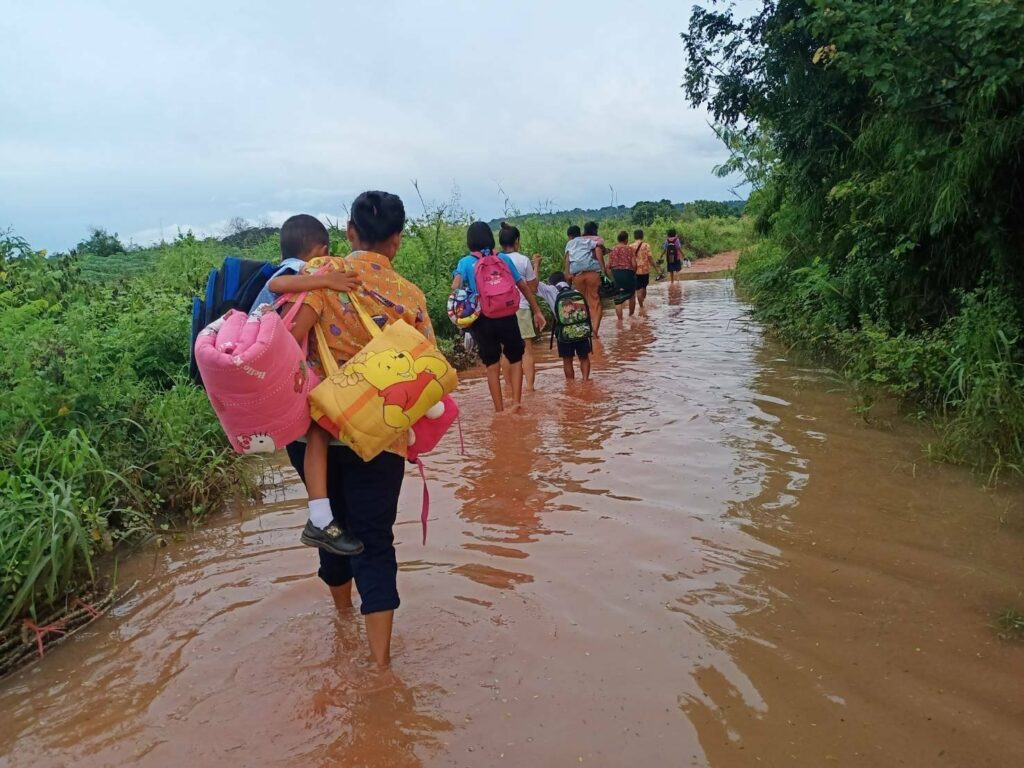
Tales of resistance
Local resilience and creative problem-solving were in full display among our grantees despite underfunded government aid.
It became rapidly clear that Indigenous and rural people themselves – women prominently – had to take charge of their own fates – and their own plates, literally.
With a largely paralyzed global economy, cash crop producers and mono-cultivators found they had to reassess their priorities. This was the case in Côte d’Ivoire where Jeunes Volontaires pour l’Environnement (JVE) helped commercial cacao growers to transition to more diverse agroecologically-produced crops to improve their food sovereignty.
Across the globe, farmers re-learned and applied agroecological skills, from producing their own inputs to growing traditional (sometimes forgotten) crops and establishing communal seed banks, or raising adapted livestock breeds.
“People came back to their roots with the pandemic, they came back to agriculture”
– Doaa Zayed – Union of Agricultural Work Committees
Among some communities with limited access to agricultural land, people established peri-urban food gardens, shared land, or reclaimed government-owned land. In Palestine where agricultural land is unavailable or occupied, grassroots initiatives established rooftop gardens.
In true entrepreneurial spirit, grassroots organizations in places like Ecuador, the Philippines, and Uganda took to the internet to work around lockdowns and market farmers’ produce. Through its direct online marketing platform, Kilusang Magbubukid ng Pilipinas – KMP (the Peasant Movement of the Philippines) even succeeded in eliminating some intermediation costs and keeping food affordable for consumers.
Grassroots initiatives also led to self-organization and the establishment of local communal communications and logistics systems to improve the supply and marketing of agroecological produce.
In Togo, Haiti and elsewhere, our partners teamed up with local radio stations to launch COVID-19 information and precaution campaigns. Through these networks, they were also able to raise awareness of the health benefits of agroecologically-produced food, the dangers of pesticide exposure, food safety and nutrition, etc. More critically, they also called attention to government accountability in upholding land rights and the rights of women and minorities, especially in allocating emergency aid.
We invite you to take a look at some of the milestones achieved under these grants:
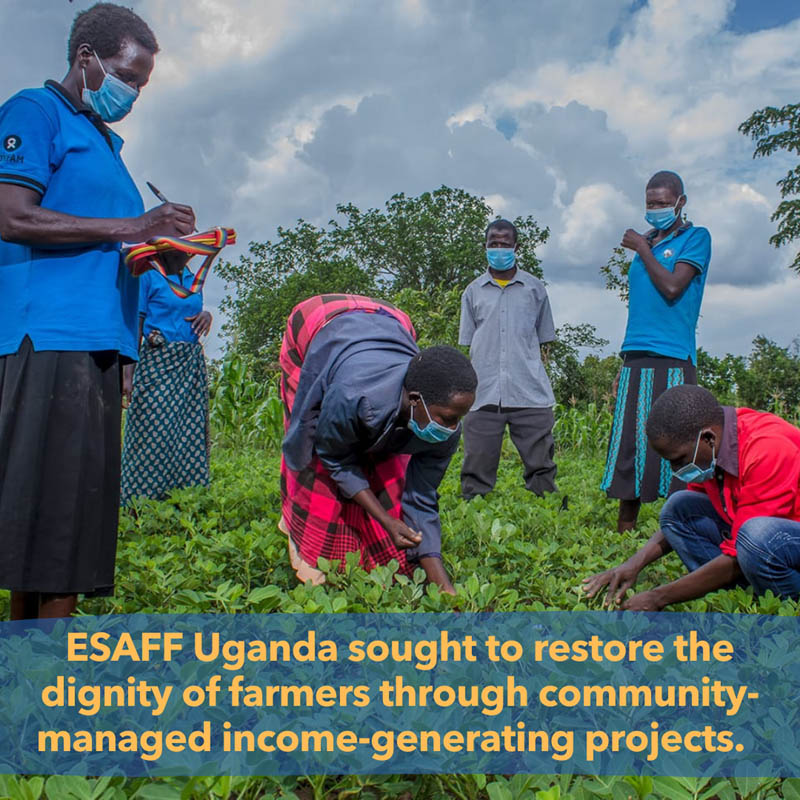
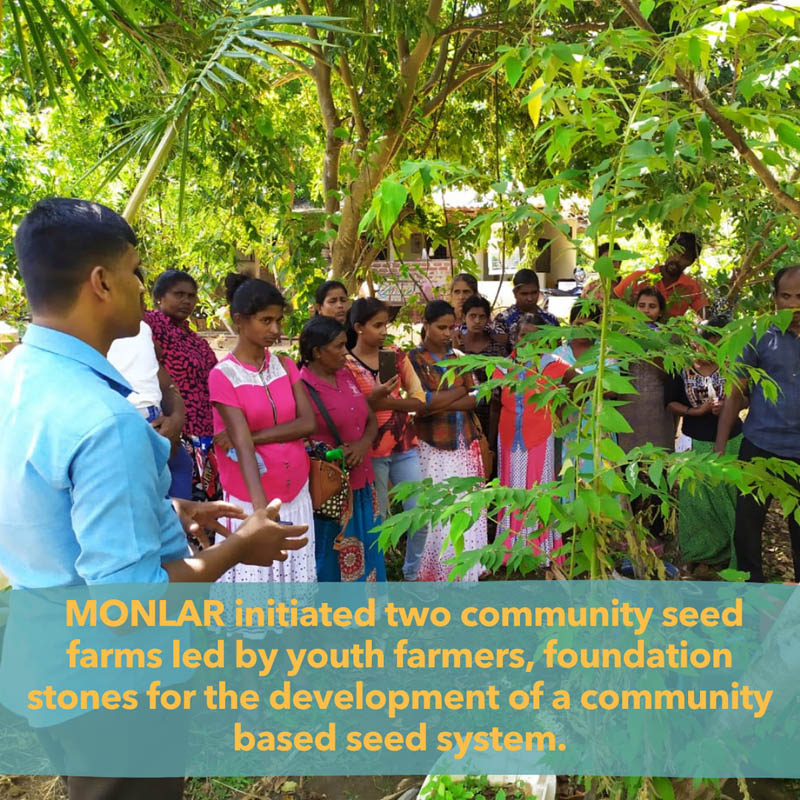
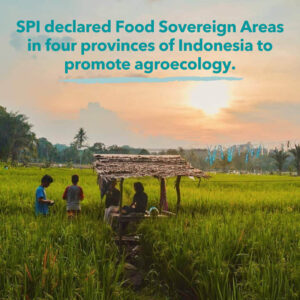
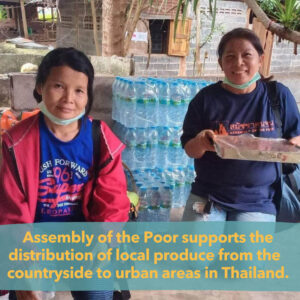
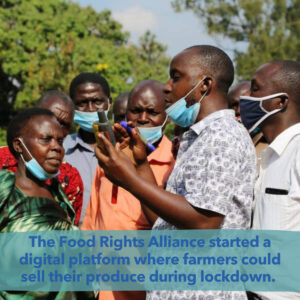
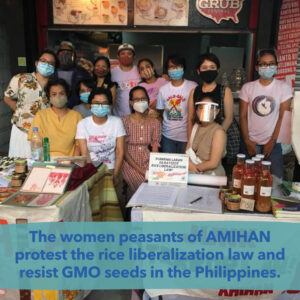
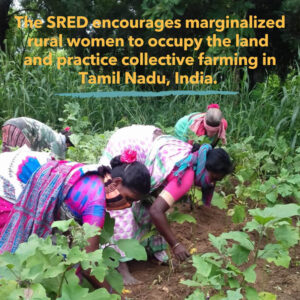
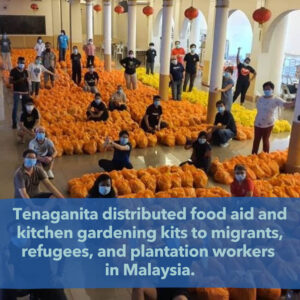
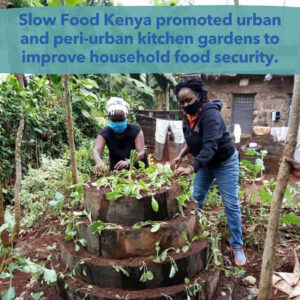
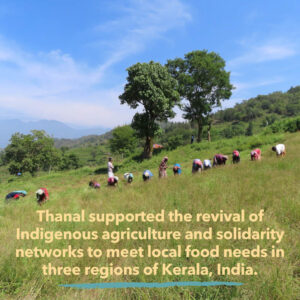
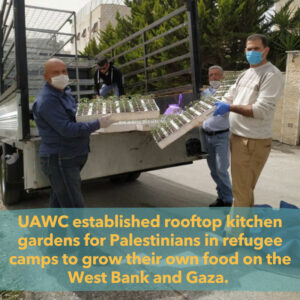
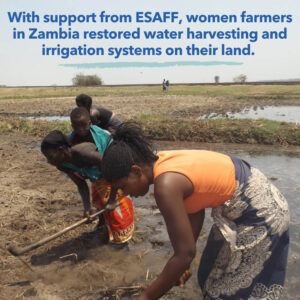
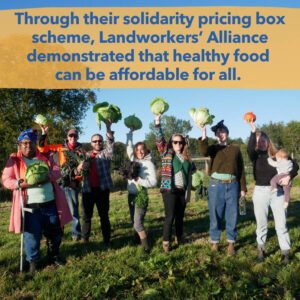
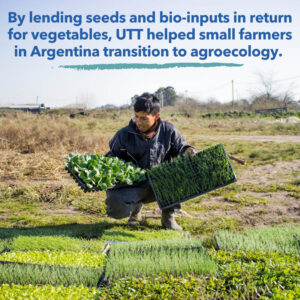
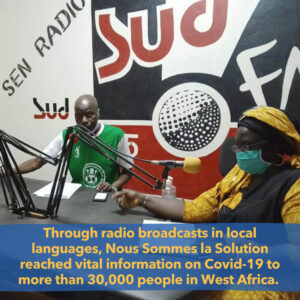
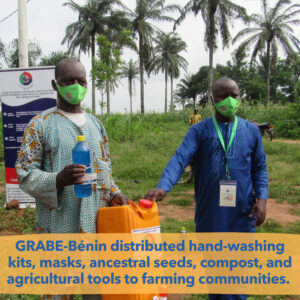
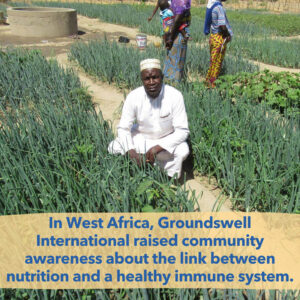
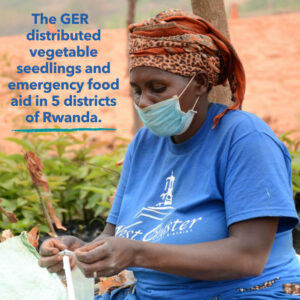
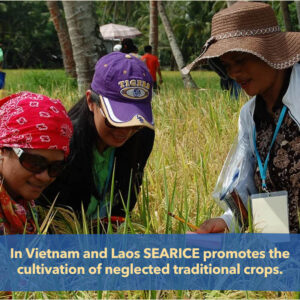
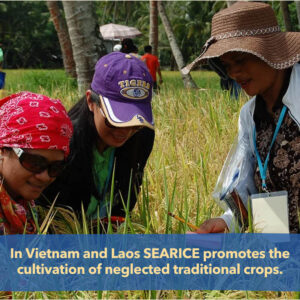
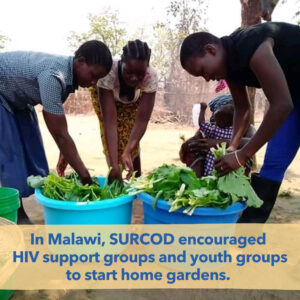
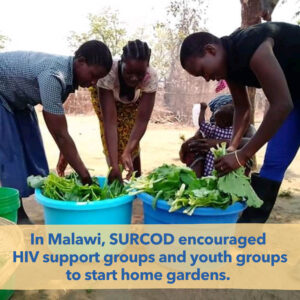
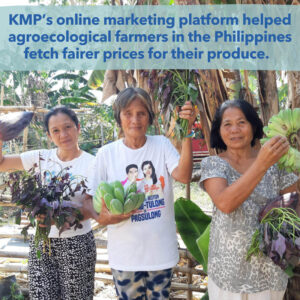
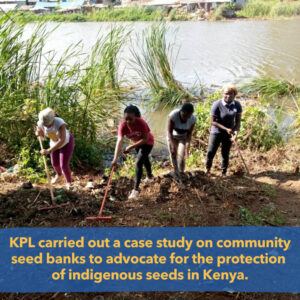
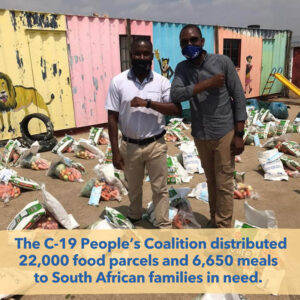
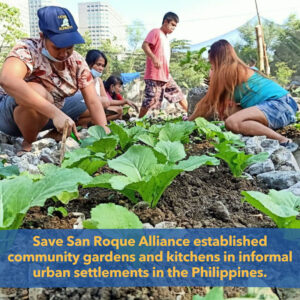
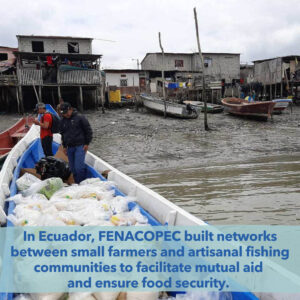
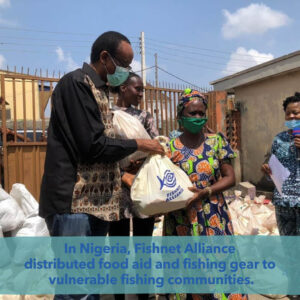
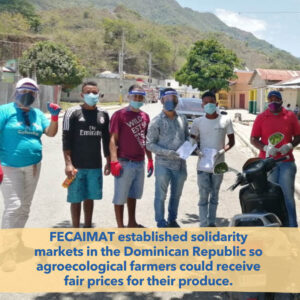
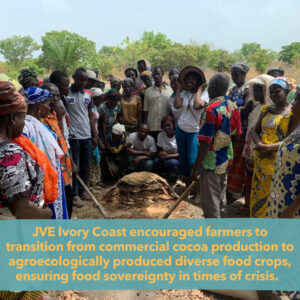
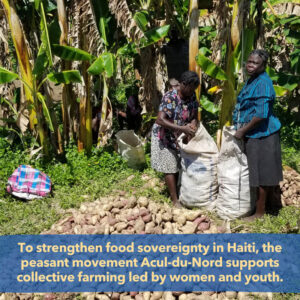
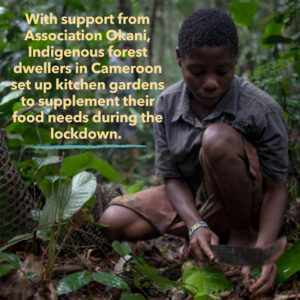
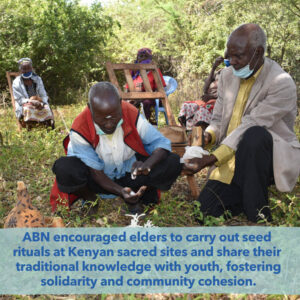
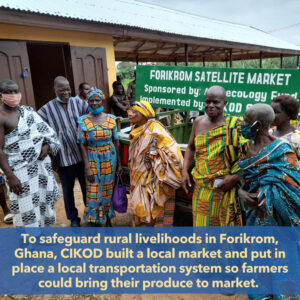
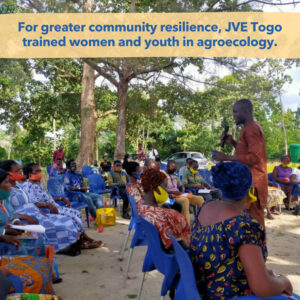
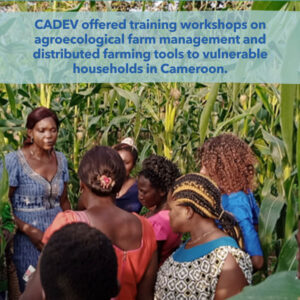
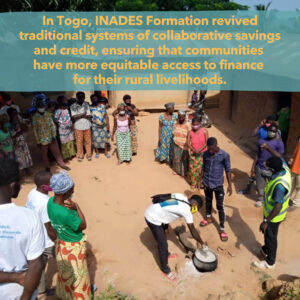
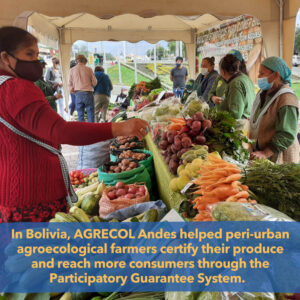
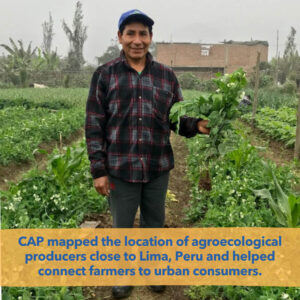
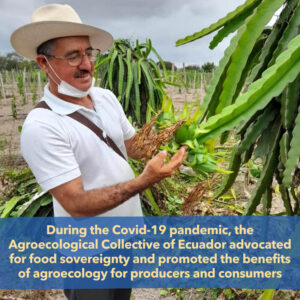
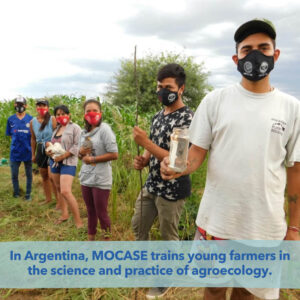
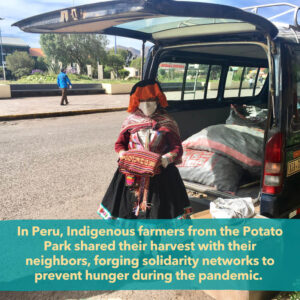
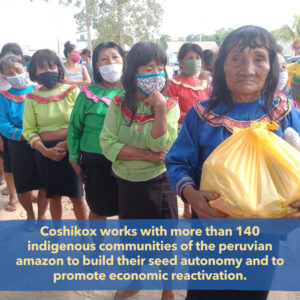
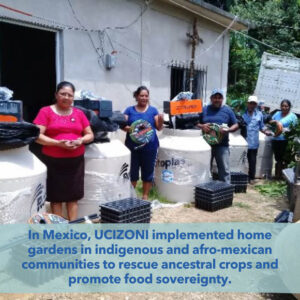
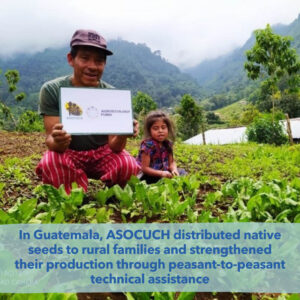
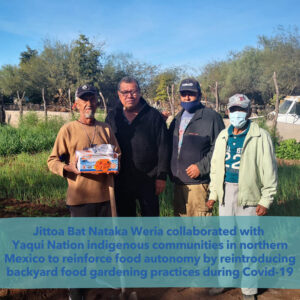
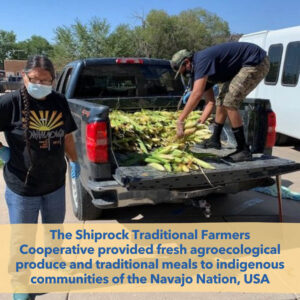
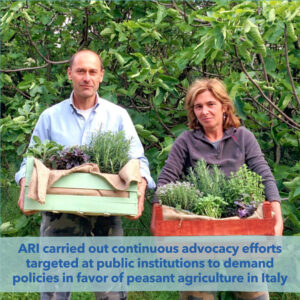
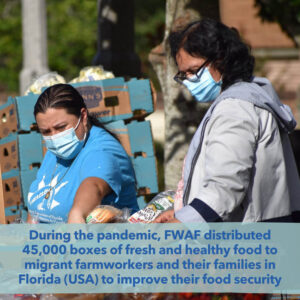
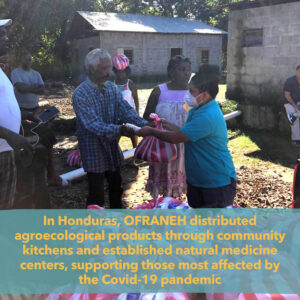
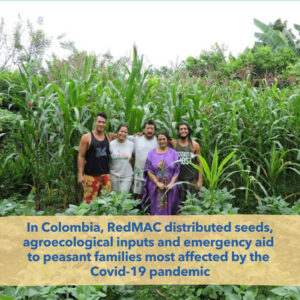
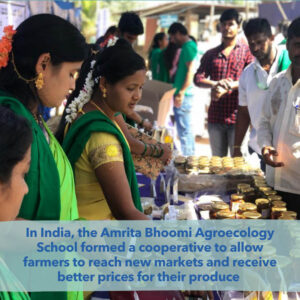
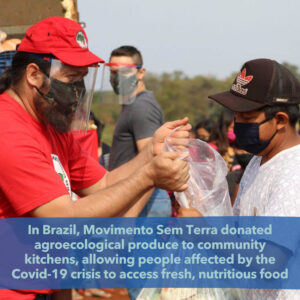
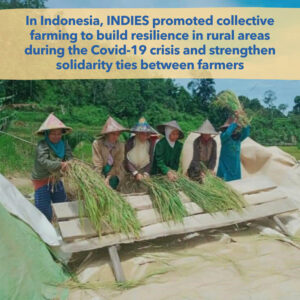
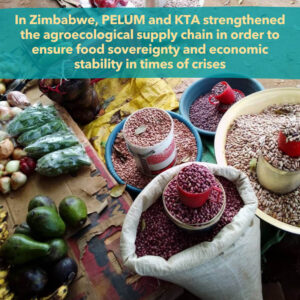
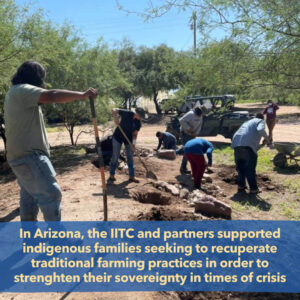
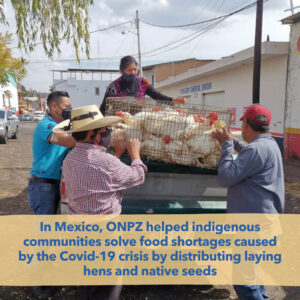
Learning from doing
When we launched our COVID-19 Emergency Response, we knew we could make mistakes. But quick action was essential and we were committed to learning.
During the pandemic, our grantee partners demonstrated that with just a little bit of help they can design and implement sustainable and equitable local solutions based on delocalized food systems.
To contribute to re-imagining how local communities can lead responses to food crises and fortify agroecological solutions, we invited our grantee partners to recount the challenges they faced and the solutions they devised during and prior to the pandemic.
From November 2020 to May 2022, representatives from these grassroots organizations took part in a series of 23 “Conversation Circles.” Around 30 attendees, spanning different time zones from Malaysia to Zambia to Mexico, took part in each Conversation Circle to share inspirational stories of success, solidarity, and sustainability with their peers around the world.
The Conversation Circles were also an opportunity to celebrate different cultures. At the start of its intervention, for example, Monlar (Sri Lanka) introduced the attendees to a traditional dance asking the gods’ help in times of drought or sickness. Partners from the Potato Park (Peru) live streamed a ceremony of gratitude to Pachamama (Earth Mother) from the Andes mountains.
Across cultures and continents, we learned about remarkable innovations in overcoming obstacles and regenerating land, crops, livelihoods, and mentalities.
“For a long time we have been promoting agroecology as a public good, but now we can also promote it as an economic opportunity that gives returns to smallholder farmers to improve their livelihoods.”
– Agnes Kirabo, Food Rights Association
When their stories are shared widely, they can inspire donors to rethink their strategies.
“The Agroecology Fund’s special potential as a pooled fund was brought home to me early in the pandemic, with the launch of the COVID-19 emergency fund in response to food security needs. Witnessing the speedy growth of that emergency response fund and its reach worldwide was an inspiration during a dark time, as I am sure it was for many in the Agroecology Fund community.”
-Jessica Brown – New England Biolabs Foundation
